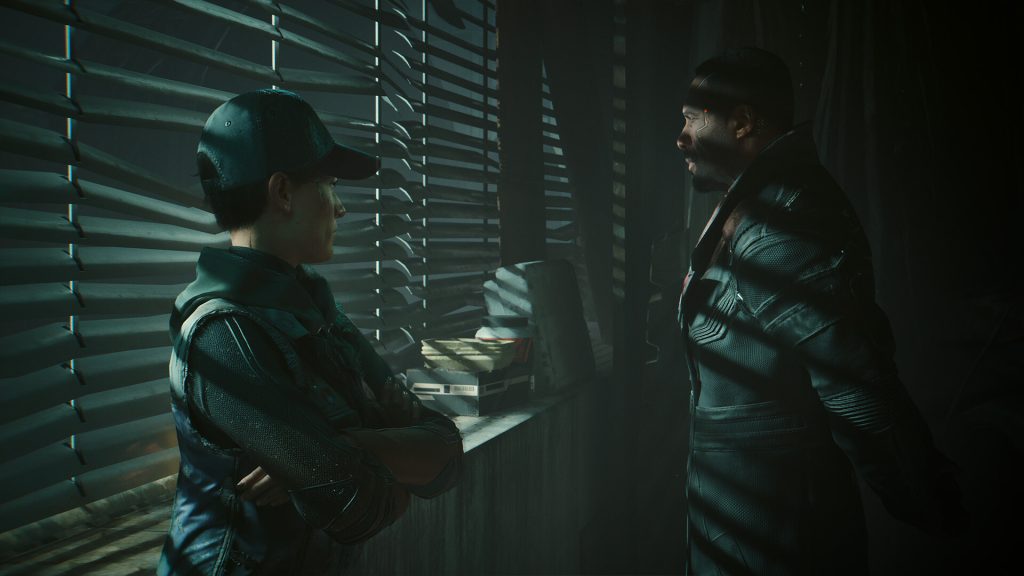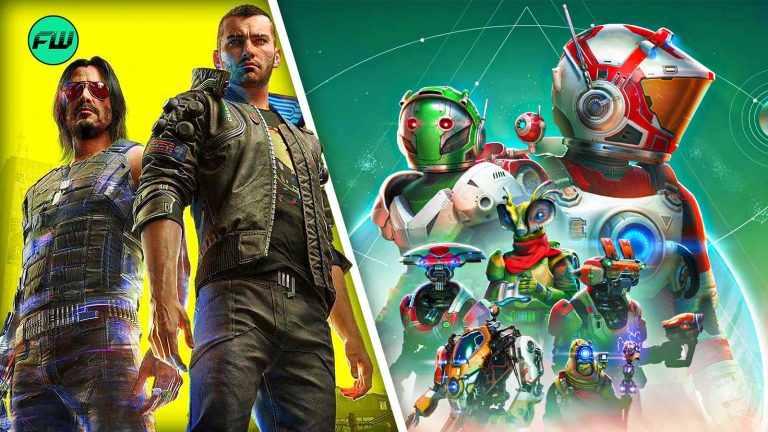Despite Cyberpunk 2077 Disaster CD Projekt Red Targets Multiple Platforms For The Witcher 4 Launch Unlike Baldur’s Gate 3

The gaming industry has seen its fair share of ambitious launches go spectacularly wrong, and few stumbles have been as memorable as CD Projekt Red’s Cyberpunk 2077 release. While the Polish studio has since redeemed itself with the acclaimed Phantom Liberty DLC, the scars of that rocky launch still linger in players’ memories.

Now, as The Witcher 4 (officially known as Project Polaris) enters full production, CD Projekt Red seems determined to prove they’ve learned from past mistakes. However, their stance on launch platforms is bound to raise some eyebrows, especially when compared to Larian Studios’ more cautious approach to Baldur’s Gate 3.
In a time when even the most experienced studios are choosing to play it safe with staggered releases, CDPR’s bold strategy feels like either admirable confidence or concerning déjà vu.
The Witcher 4 Launch Strategy: History Repeating?
CD Projekt Red‘s VP of Technology, Charles Tremblay, made it clear in conversations with Eurogamer that the studio isn’t interested in a platform-by-platform release approach. Instead of following the increasingly common strategy of perfecting one version before tackling others, CDPR is betting big on a simultaneous multi-platform launch for The Witcher 4.
The studio’s confidence appears to stem from their partnership with Epic Games and the switch to Unreal Engine 5. While this new engine should theoretically streamline development, launching simultaneously across PC, PlayStation, and Xbox is like trying to defuse three bombs at once—even if you’ve got the right tools, the margin for error is painfully slim.
This decision becomes even more intriguing when you consider CDPR’s ambitious claims about The Witcher 4 being “better, bigger, greater than The Witcher 3.” Delivering such ambitious promises across multiple platforms simultaneously adds layers of complexity that could overwhelm even the most prepared studio.
The memory of Cyberpunk 2077‘s troubled launch makes this strategy particularly puzzling. Back then, trying to launch across multiple platforms led to a cascade of platform-specific issues that took months to resolve. Yet here we are, with CDPR seemingly ready to roll those dice again.
A Tale of Two Launch Strategies

The contrast with Larian Studios’ approach to Baldur’s Gate 3 couldn’t be more striking. By focusing initially on PC, Larian gave themselves breathing room to perfect their game one platform at a time. This measured approach paid off handsomely, resulting in one of the most polished and celebrated RPG launches in recent memory.
Larian’s strategy wasn’t just about avoiding technical issues, though—it was about maintaining control. When bugs did pop up, they could focus their entire team on fixing them without having to juggle different platform-specific problems simultaneously.
The benefits of a staggered release are clear: concentrated debugging efforts, platform-specific optimization, and the ability to address issues without spreading resources too thin. Yet CDPR seems convinced that their new development pipeline will prevent history from repeating itself.
Perhaps they’re right. Maybe the switch to Unreal Engine 5 and lessons learned from Cyberpunk 2077 will make all the difference. But in an industry where even the most technically proficient studios often opt for staggered releases, CDPR’s confidence in a simultaneous launch feels like a high-stakes gamble.
What do you think about CD Projekt Red’s launch strategy for The Witcher 4? Should they follow Larian’s example, or is their confidence in a multi-platform release justified? Share your thoughts in the comments below!
This post belongs to FandomWire and first appeared on FandomWire
Join XGamer Discord to discuss the game with other players
Click to join our Discord



